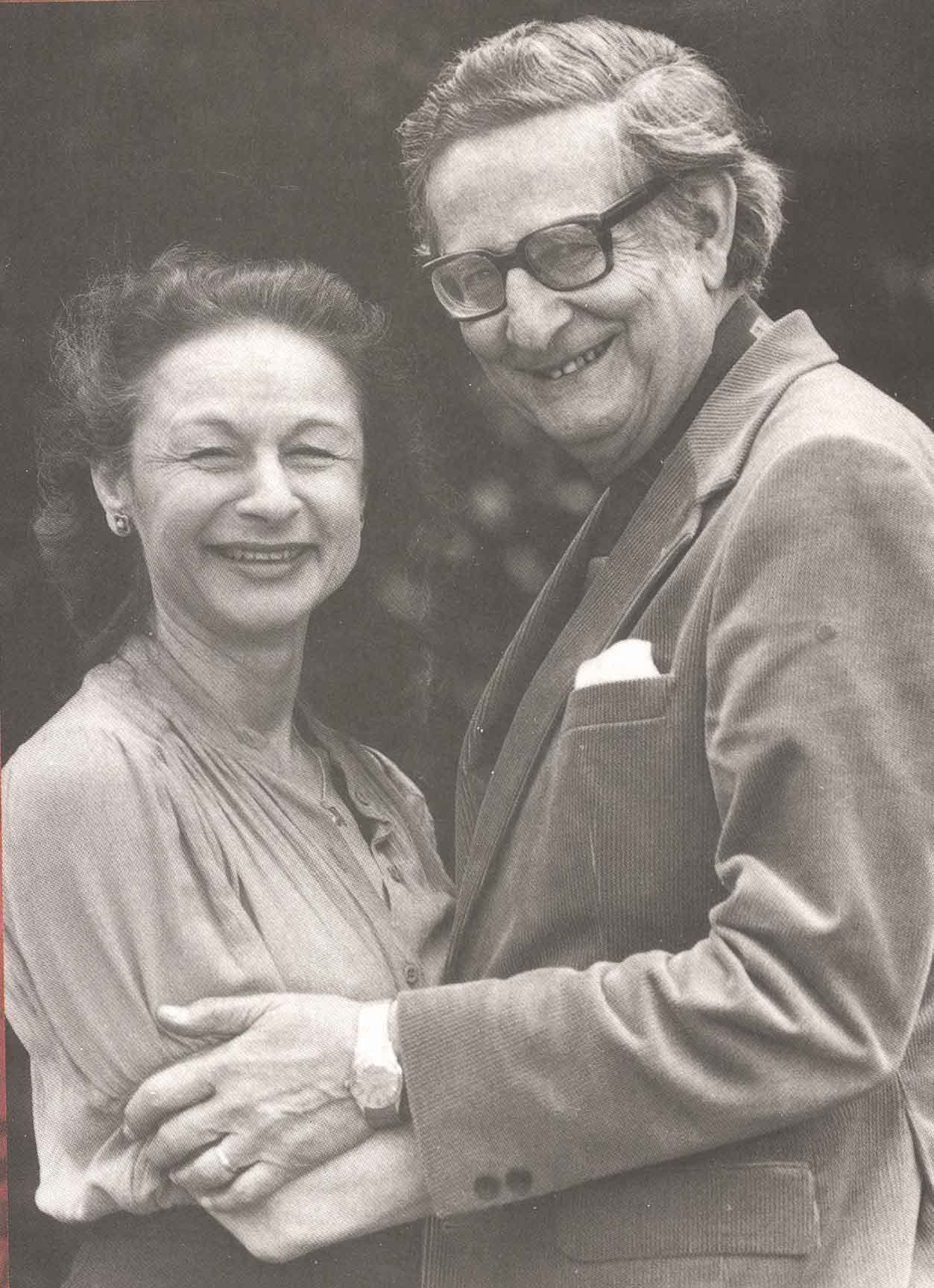|
Eysenck Personality Inventory (1927–2020), Austrian-born British psychologist, wife of Hans
{{surname ...
Eysenck is a surname. Notable people with the surname include: * Hans Eysenck (1916–1997), German-born British psychology professor **Eysenck Personality Questionnaire, psychological test developed by Hans Eysenck *Michael Eysenck (born 1944), British psychology professor, son of Hans *Sybil B. G. Eysenck Sybille Bianca Giulietta Eysenck ( ; March 1927 – December 2020) was a personality psychologist and the widow of the psychologist Hans Eysenck, with whom she collaborated as psychologists at the Institute of Psychiatry, University of London, as ... [...More Info...] [...Related Items...] OR: [Wikipedia] [Google] [Baidu] |
Hans Eysenck
Hans Jürgen Eysenck (; 4 March 1916 – 4 September 1997) was a German-born British psychologist who spent his professional career in Great Britain. He is best remembered for his work on intelligence and personality, although he worked on other issues in psychology. At the time of his death, Eysenck was the most frequently cited living psychologist in the peer-reviewed scientific journal literature. Eysenck's research purported to show that certain personality types had an elevated risk of cancer and heart disease. Scholars have identified errors and suspected data manipulation in Eysenck's work, and large replications have failed to confirm the relationships that he purported to find. An enquiry on behalf of King's College London found the papers by Eysenck to be "incompatible with modern clinical science". In 2019, 26 of his papers (all coauthored with Ronald Grossarth-Maticek) were considered "unsafe" by an enquiry on behalf of King's College London. Fourteen of his paper ... [...More Info...] [...Related Items...] OR: [Wikipedia] [Google] [Baidu] |
Eysenck Personality Questionnaire
In psychology, the Eysenck Personality Questionnaire (EPQ) is a questionnaire to assess the personality traits of a person. It was devised by psychologists Hans Jürgen Eysenck and Sybil B. G. Eysenck. Hans Eysenck's theory is based primarily on physiology and genetics. Although he was a behaviorist who considered learned habits of great importance, he believed that personality differences are determined by genetic inheritance. He is, therefore, primarily interested in temperament. In devising a temperament-based theory, Eysenck did not exclude the possibility that some aspects of personality are learned, but left the consideration of these to other researchers. Dimensions Eysenck initially conceptualized personality as two biologically-based independent dimensions of temperament, ''E'' and ''N'', measured on a continuum, but then extending this to include a third, ''P''. E – Extraversion/Introversion: Extraversion is characterized by being outgoing, talkative, high on positi ... [...More Info...] [...Related Items...] OR: [Wikipedia] [Google] [Baidu] |
Michael Eysenck
Michael William Eysenck ( ; born 8 February 1944) is a British academic psychologist, and is an Emeritus Professor in Psychology at Royal Holloway, University of London. He also holds an appointment as Professorial Fellow at Roehampton University. His research focuses on cognitive factors affecting anxiety. Eysenck has written and co-written many publications, including several textbooks. In the late 1990s, he developed the theory of the " hedonic treadmill", stating that humans are predisposed by genetics to plateau at a certain level of happiness, and that the occurrence of novel happy events merely elevates this level temporarily. He is the son of the noted psychologist Hans Jürgen Eysenck. Research interests Eysenck's research focuses mainly on cognitive factors associated with anxiety in normal and clinical populations. He has recently developed two new theories. First, there is attentional control theory (with Nazanin Derakshan, Rita Santos, and Manuel Calvo), which pro ... [...More Info...] [...Related Items...] OR: [Wikipedia] [Google] [Baidu] |
